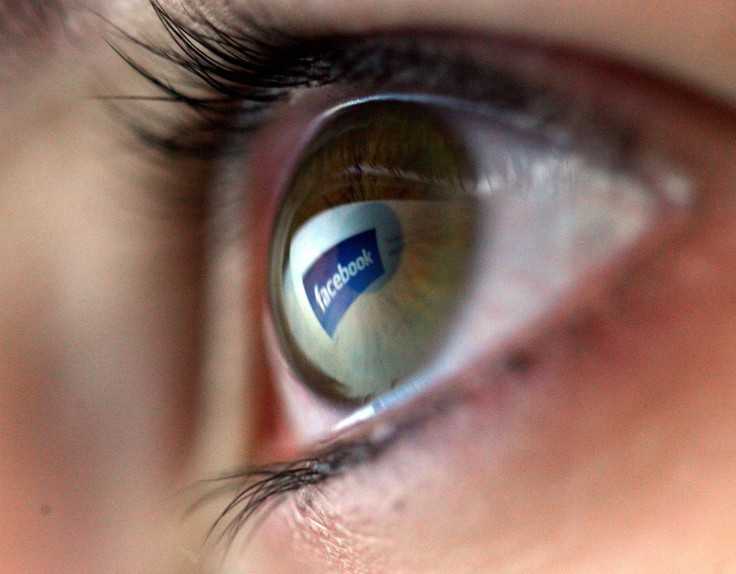Young Adults Who Use Social Media More Often At Increased Risk Of Eating Disorders, Body Image Concerns

Social Media is changing how we live, but not always for the better. According to a new analysis conducted by the University of Pittsburgh School of Medicine, frequently logging on to social media sites and spending many hours online is linked to an increased risk developing eating disorders and concerns about body image.
For the study, researchers recruited 1,765 young adults from the United States, ages 19 through 32. They gave participants multiple questionnaires that assessed their social media use, including their activity on Facebook, YouTube, Twitter, Google Plus, Instagram, Snapchat, Reddit, Tumblr, Pinterest, Vine, and LinkedIn. And then they cross-referenced the results with answers from an additional survey, which established the participants’ risk for developing eating disorders.
The data revealed that participants who spent many hours on social media in a single day were more than twice as likely (2.2 times) to develop an eating disorder than participants who spent less time on social media during the day. Meanwhile, participants who logged on to social media sites more often throughout the week were 2.6 times more likely to develop an eating disorder than those who logged on less often.
"We've long known that exposure to traditional forms of media, such as fashion magazines and television, is associated with the development of disordered eating and body image concerns, likely due to the positive portrayal of 'thin' models and celebrities," said the study’s lead author Dr. Jaime E. Sidani, who is the assistant director of Pitt's Center for Research on Media, Technology, and Health, in a press release. "Social media combines many of the visual aspects of traditional media with the opportunity for social media users to interact and propagate stereotypes that can lead to eating and body image concerns."
Despite the strong link found between social media and eating disorders, the study fails to conclude if social media use causes eating and body image concerns or vice versa, or both.
"It could be that young adults who use more social media are exposed to more images and messages that encourage development of disordered eating," said senior author Dr. Brian A. Primack, who is the assistant vice chancellor for health and society at Pitt's Schools of the Health Sciences.
The participants’ gender, age, race and income had no effect on the association between social media use and body image concerns, suggesting preventive measures should target a wide range of social media users.
"People who have eating and body image concerns might then be turning to social media to connect with groups of people who also have these concerns," said Primack. "However, connecting with these groups for social support could inhibit recovery because of the desire to continue being a part of the shared identity such social media groups foster."
An example of this, Instagram had previously attempted to battle the link between social media and eating disorders by banning hashtags like "#thinspiration.” This largely fails, though, as users continue to use similar hashtags with slightly different spellings.
"More research is needed in order to develop effective interventions to counter social media content that either intentionally or unintentionally increases the risk of eating disorders in users," Sidani said. "We suggest studies that follow users over time and seek to answer the cause-and-effect questions surrounding social media use and risk for eating and body image concerns."
Source: JE Sidani, Shensa A, Hoffman B, Hanmer H, Primack BA. The Association between Social Media Use and Eating Concerns among US Young Adults. Journal of the Academy of Nutrition and Dietetics. 2016.



























